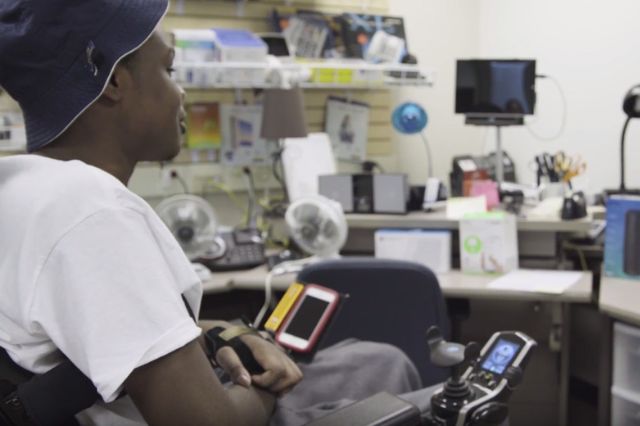Shepherd Center's Multiple Sclerosis Training Program
Multiple Sclerosis Fellowship Goals and Program Structure
The Multiple Sclerosis Fellowship at Shepherd Center is designed to provide comprehensive training in the diagnosis, immunotherapy management, and symptomatic treatment of multiple sclerosis.
Your training will encompass clinical, didactic, and research components as described below. Fellowship training will focus on comprehensive rehabilitation, biweekly multidisciplinary rounds, and appropriate inpatient consults from acute rehab. There will be opportunities for clinical research to include both pharmaceutical initiated as well as investigator initiated.
Fellowship Didactic Opportunities
The fellowship offers a robust didactic curriculum that will expand your knowledge and skills in neurology. Didactic opportunities may include conferences, seminars, courses, or experiential training.
Fellowship Supervision
Supervision is provided in all aspects of the fellow’s clinical, research, and teaching activities. While each clinical rotation has a primary supervisor, day-to-day supervisory responsibility is rotated among the faculty to expose you to different expertise and professional styles.
Additional informal supervision regularly occurs as the fellow manages the demands of clinical services. The fellow receives supervision on case presentations, performance in team meetings and seminars, consultative/supervisory work, writing skills, and overall professional conduct. Supervisory sessions also address professional development, career planning, and interviewing skills.
Diversity
Shepherd Center is deeply committed to training future neurologists using a culturally competent framework and fostering an environment that is highly sensitive to and appreciative of all aspects of diversity.
We believe that increased self-awareness and appreciation for other viewpoints and cultures make neurologists more effective practitioners, scientists, supervisors, and teachers. For this reason, sensitivity to individual differences and cultural humility are integral aspects of our training philosophy.
Our objective is to provide fellows with the awareness, knowledge, and skills to provide clinical services across cultures and diverse settings. Training is focused on integrating diversity-related knowledge into clinical services. A specific emphasis is placed on incorporating diversity-related concepts and knowledge into evidence-based assessment and intervention practices.





